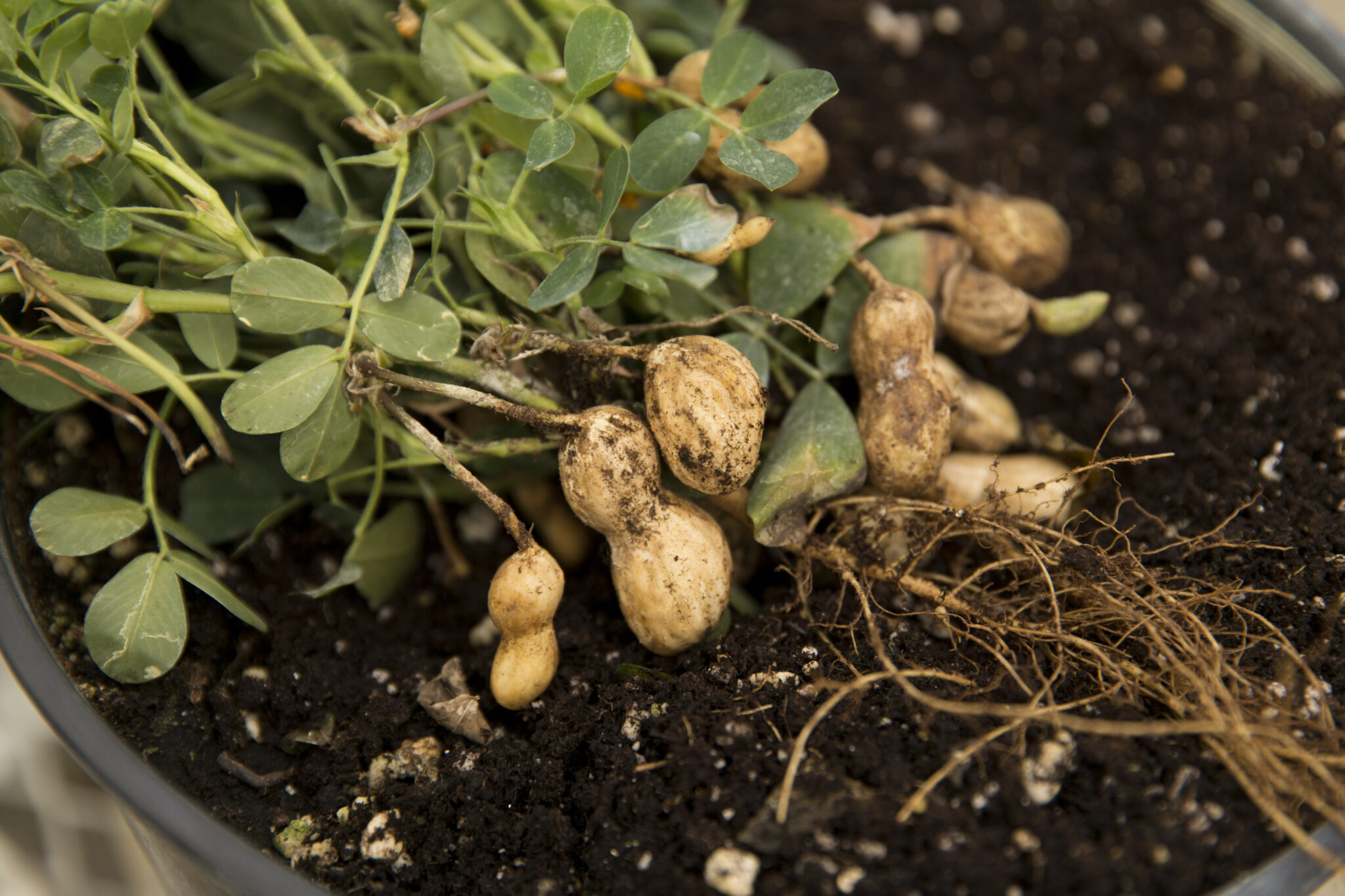University of Georgia
If you want to control insects in your landscape, a University of Georgia expert says you have to be a good scout. But remember, a little damage won’t hurt. Like a good Boy Scout or Girl Scout, an insect scout must be prepared and armed with the proper tools like a notebook, sticky tape, a magnifying lens and tweezers. Inspect your landscape and record insect-damaged plants in your notebook and use the lens to inspect more closely. Inventory the insects you see. To check for scale insects, Kris Braman, an entomologist with the UGA College of Agricultural and Environmental Sciences, offers this tip. Place a piece of sticky tape on the plant, remove and look for hatching crawlers. “The crawlers are the only mobile stage of these otherwise sessile pests. If you find crawlers on the sticky tape, it’s time to control the scale infestation,” she said. If you see a bug that you know has been munching on your plants, you can just pull it off and get rid of it. Or, you can just live with a little damage. “Insect pests can damage plants, but if only 10 percent of the plant is affected, you need to learn to live with a little imperfection,” she said. If the number of insects and damage is too much, a pesticide may need to be used, she said. For help selecting the right one, call the local UGA Cooperative Extension office at 1-800-ASK-UGA1.Published on 05/08/08
Insect scouting reveals pests
Sharon Omahen is a news editor with the University of Georgia College of Agricultural and Environmental Sciences.
Experts/Sources:
 CAES News
CAES News
UGA tops AUTM rankings for 3rd consecutive year
07/25/25 Brandon Ward
news.uga.edu
For the third consecutive year, the University of Georgia ranked No. 1 among U.S. universities for number of commercial products brought to market by industry partners based on university research, according to an annual survey conducted by AUTM. These products span a range of industries including poultry vaccines, biodegradable plastics, virtual reality tools for disaster preparedness, biomedical research tools and new plant varieties of turfgrass, blueberries, wheats — and peanuts, developed by newly elected National Academy of Inventors Fellow Bill Branch — to name a few.
 CAES News
CAES News
Did you know you can grow: Black walnut
07/24/25 Makenna Grace Reavis
cultivate.caes.uga.edu
Georgia, traditionally known as the Peach State, is famous for its peaches, pecans and peanuts. But thanks to its mild climate, the state also supports a variety of uncommon fruits and nuts — like black walnut. In a series inspired by the University of Georgia Cooperative Extension publication “Minor Fruits and Nuts in Georgia,” we’re highlighting lesser-known fruits and nuts that can thrive in Georgia home gardens.
 CAES News
CAES News
Protect your body and mind from extreme heat in Georgia agriculture
07/22/25 Emily Cabrera
When outdoor temperatures climb into triple digits and the humidity becomes suffocating, most people head inside. But for Georgia’s farmers, farmworkers and landscape professionals, the work doesn’t stop when the heat index rises to dangerous levels. As the hottest weeks of the year stretch ahead, the physical, mental and emotional risks of working outdoors increase. Extreme heat doesn’t just threaten crops, turfgrass and livestock — it wears down the people who grow our food and maintain our green spaces.
 CAES News
CAES News
UGA donors set record, contribute $300.4 million in private support
07/21/25 Elizabeth Elmore
news.uga.edu
More than 72,460 University of Georgia supporters contributed a record $300.4 million to the university during the fiscal year that ended June 30 (FY25). This is the first time university fundraising has surpassed $300 million. Most recently, the Delta Air Lines Foundation committed $5 million to the Hospitality and Food Industry Management program in the College of Agricultural and Environmental Sciences to expand hands-on learning opportunities for students by launching the renovation of the Georgia Center for Continuing Education & Hotel.
 CAES News
CAES News
Meet UGA’s 40 Under 40 Class of 2025
07/17/25 Rachael Andrews
news.uga.edu
The University of Georgia has named its 40 Under 40 Class of 2025, recognizing a group of young alumni based on their personal, professional and philanthropic achievements. Honorees from the College of Agricultural and Environmental Sciences include Caroline Lewallen (BSA '11 - Agricultural Education), Charles Orgbon (BSA '18 - Environmental Economics and Management), Colby Ruiz (BSA '15 - Biological Science), Caroline Stelling (BSA '11 - Environmental Economics and Management) and Tyson Strickland (BSA '11, DVM '16 - Animal Science).
 CAES News
CAES News
CAES student explores trade through agricultural delegation to China
07/16/25 Makenna Grace Reavis
Jesse Cronic, a third-year agricultural and applied economics student in the College of Agricultural and Environmental Sciences, was selected to join the Future Agriculture Leaders Delegation to China, a program organized by the U.S. Soybean Export Council and the U.S. Heartland China Association. The experience offered an immersive look at Chinese agribusiness, trade dynamics and the cultural ties that shape global agriculture.
